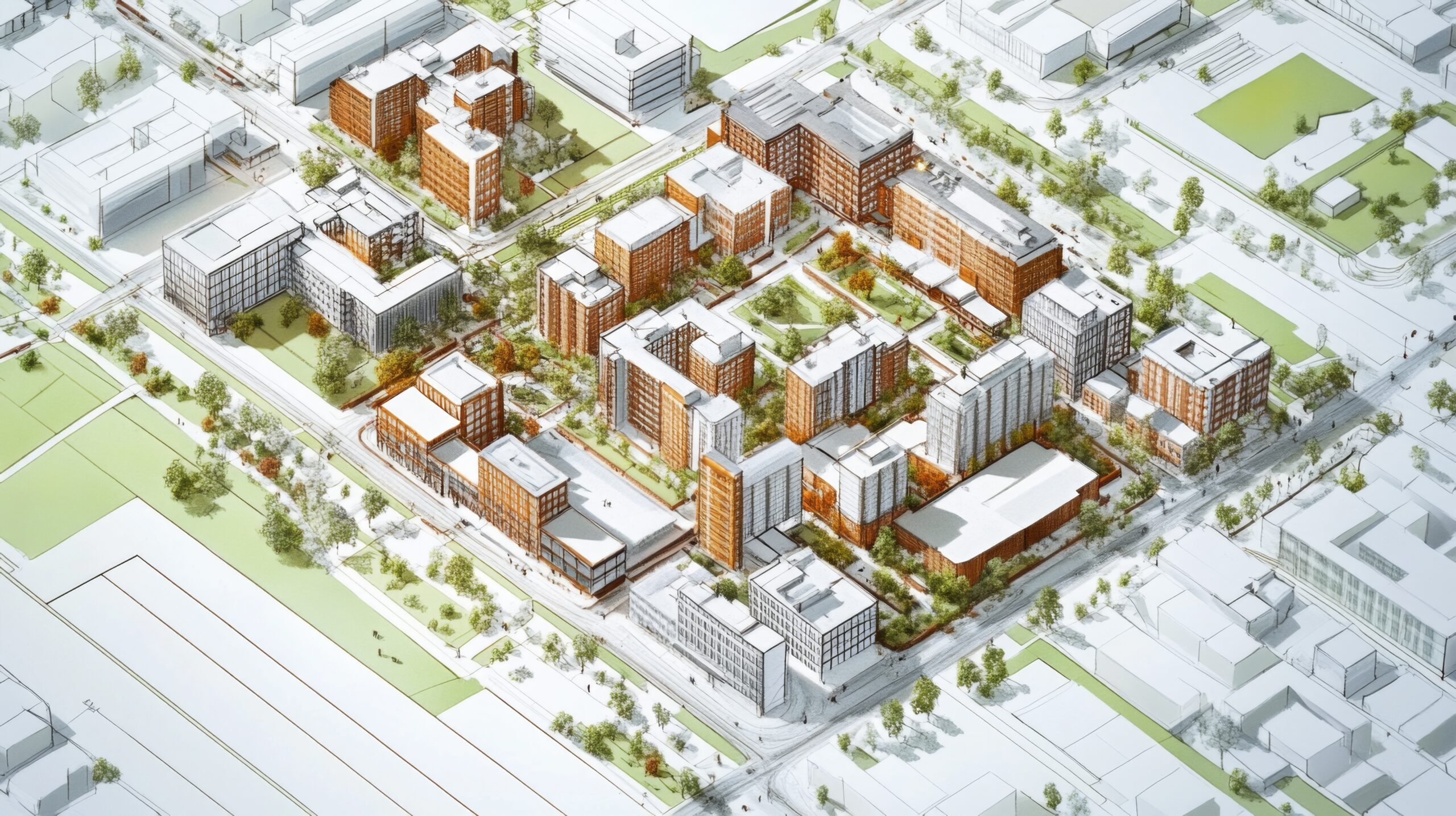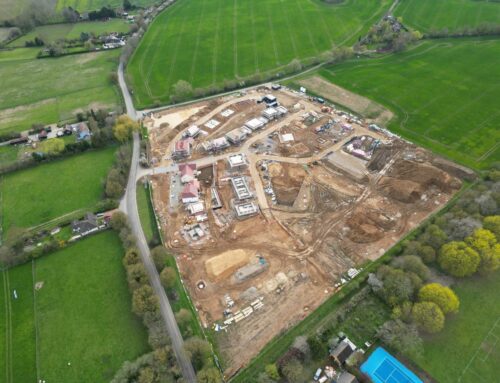
A new housing delivery scheme
If you’ve been frustrated by long waits, vague advice, or decisions that seem to shift with the wind—you’re not alone. The current planning system has long been a source of confusion and delay. The Planning and Infrastructure Bill is the Government’s latest attempt to fix it. This post explains how the Planning and Infrastructure Bill affects planning applications, what it means for developers and self-builders, and why it matters now more than ever.
Why the Planning and Infrastructure Bill Matters
This Bill is part of a wider “Plan for Change”, designed to speed up housebuilding, unlock land, and make the planning system more efficient. It’s aimed at helping the UK deliver 1.5 million homes and 150 major infrastructure projects before the next election.
While headlines focus on big national schemes, the Bill could have an even bigger impact on day-to-day planning decisions—particularly for smaller developers and self-builders.
How the Planning and Infrastructure Bill Affects Planning Applications for Self-Builders and Developers
The Bill introduces a raft of measures that promise faster decisions, greater certainty, and fewer planning committee delays. For many of our clients—especially those building just one home or managing multiple infill sites—those are long overdue.
Key proposals include:
- New performance targets for planning decisions
- A streamlined approach to post-permission processes
- Stronger direction for planning committees to follow policy
If your application is well-prepared and policy-compliant, that could mean faster approvals and less risk of being knocked back for political or subjective reasons.
Planning Committees and How the Planning and Infrastructure Bill Affects Planning Applications
One of the most frustrating aspects of the current system is when a planning committee overrides the recommendation of the planning officer—often without clear reasoning. The Bill acknowledges this, and backs reforms to improve consistency.
The Government’s own figures show that 10% of minor and major decisions are refused against officer advice. The Bill could reduce this by improving accountability at committee level and encouraging decisions based more clearly on adopted policy.
For developers like John (our ideal client), this is critical. Every delay affects funding, site scheduling, and margins. For self-builders like Claire and James, it means fewer emotional setbacks and a more transparent route to permission.
Cross-Boundary Planning and Strategic Growth
Another shift is the Bill’s encouragement of more joined-up planning across council boundaries. This is especially useful for larger or edge-of-settlement sites where planning decisions are often influenced by multiple local plans.
The ability for different councils to coordinate land supply and infrastructure could open up more sites for development—or at least create clearer signals about what’s possible.
The Bottom Line: How the Planning and Infrastructure Bill Affects Planning Applications in Practice
The Government estimates these reforms could save over £3 billion across the economy over the next ten years. But what does that really mean?
It means faster decisions when you’re ready to build. It means fewer “grey areas” when you’re designing your scheme. And it means more confidence that the effort you’re putting in won’t be wasted because of policy drift or political interference.
But it won’t happen overnight. Many of the proposals still need secondary legislation to become law, and there’s likely to be variation between councils.
Get Ahead of the Changes
If you’re planning a project in the next 12–24 months, now is the time to get clear on your planning strategy. Don’t wait until these changes hit mid-rollout. The clients who benefit most will be those who prepare early and work with professionals who can adjust to the new system.
At Norton Taylor Nunn, we specialise in helping independent developers and self-builders navigate the planning process with confidence. If you want to understand how the Planning and Infrastructure Bill affects planning applications in your area—or your next project—get in touch.
Explore our Planning Application Services
Book a Discovery Call
Recommended Reading
- Plan for Change: Department for Levelling Up, Housing and Communities
- Planning Committees Reform – Working Paper
Read our earlier post on the Planning and Infrastructure Bill



